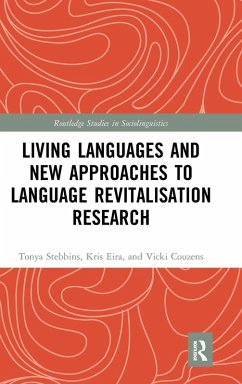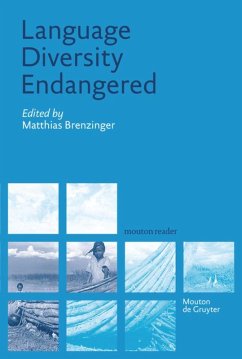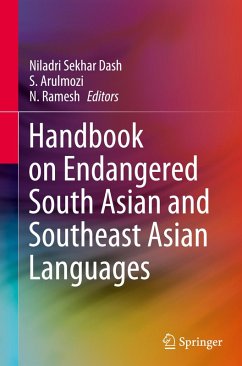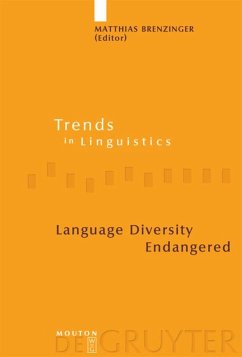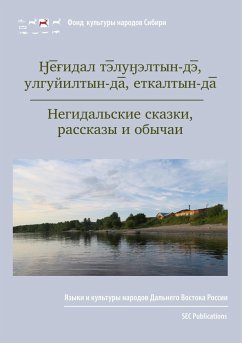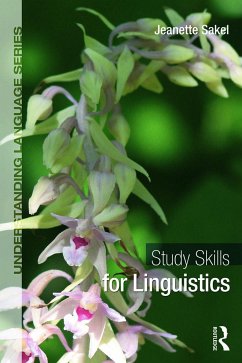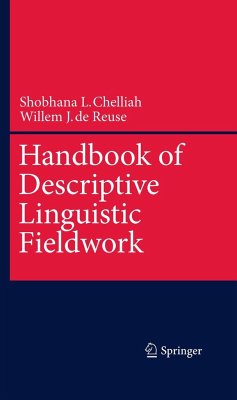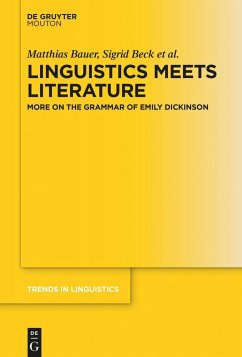
Oral History meets Linguistics
Versandkostenfrei!
Versandfertig in 1-2 Wochen
26,00 €
inkl. MwSt.

PAYBACK Punkte
0 °P sammeln!
Oral histories constitute a common source of research data for linguists, historians, as well as for social and cultural anthropologists. However, respective discourses on this theme have rarely been interdisciplinary. During a workshop at the Freiburg Institute for Advanced Studies (FRIAS) in December 2015, it became apparent how scientists from various fields of research can benefit from such an intellectual exchange. With its contributions to minority languages and linguistic contact varieties this volume aims at bridging this gap by providing multifaceted interdisciplinary views on diverse...
Oral histories constitute a common source of research data for linguists, historians, as well as for social and cultural anthropologists. However, respective discourses on this theme have rarely been interdisciplinary. During a workshop at the Freiburg Institute for Advanced Studies (FRIAS) in December 2015, it became apparent how scientists from various fields of research can benefit from such an intellectual exchange. With its contributions to minority languages and linguistic contact varieties this volume aims at bridging this gap by providing multifaceted interdisciplinary views on diverse approaches to oral history research.This volume contains contributions by Lyudmila S. Bogoslovskaya, Michael Duerr, Ophira Gamliel, Annette Gerstenberg, Erich Kasten, Sonya Kinsey, Igor Krupnik, Cord Pagenstecher, Stefan Pfänder, Michael Riessler, Katja Roller, and Joshua Wilbur.






